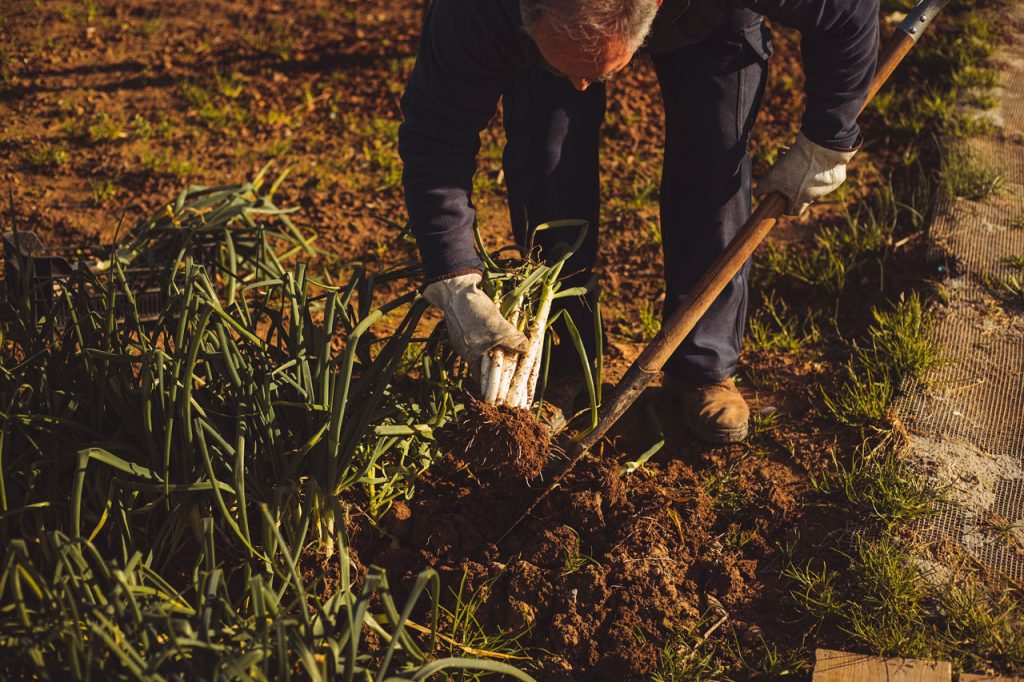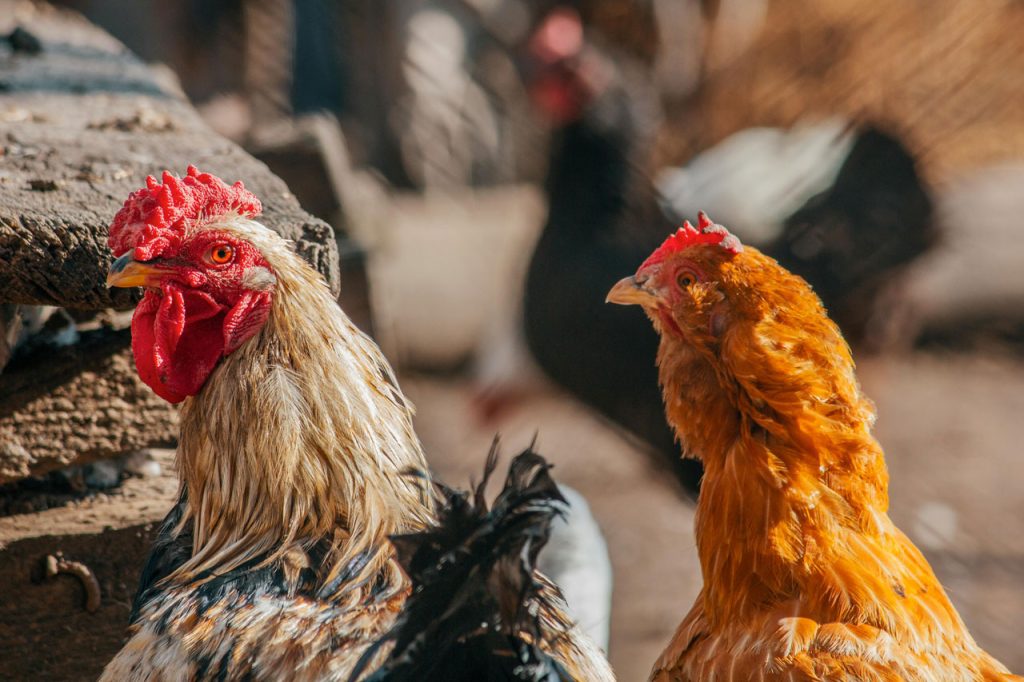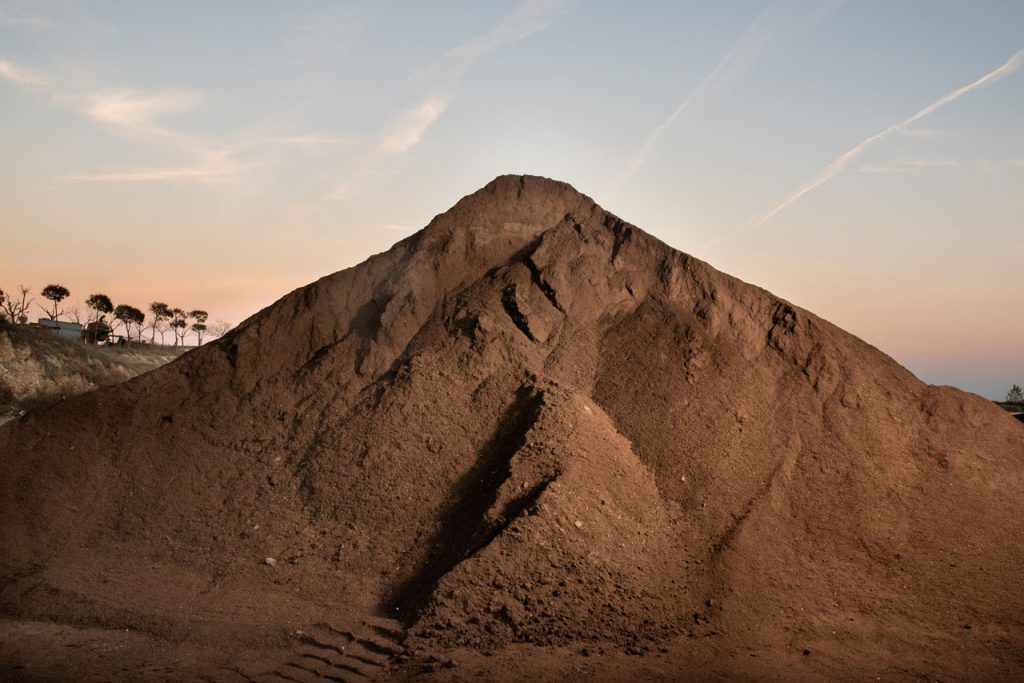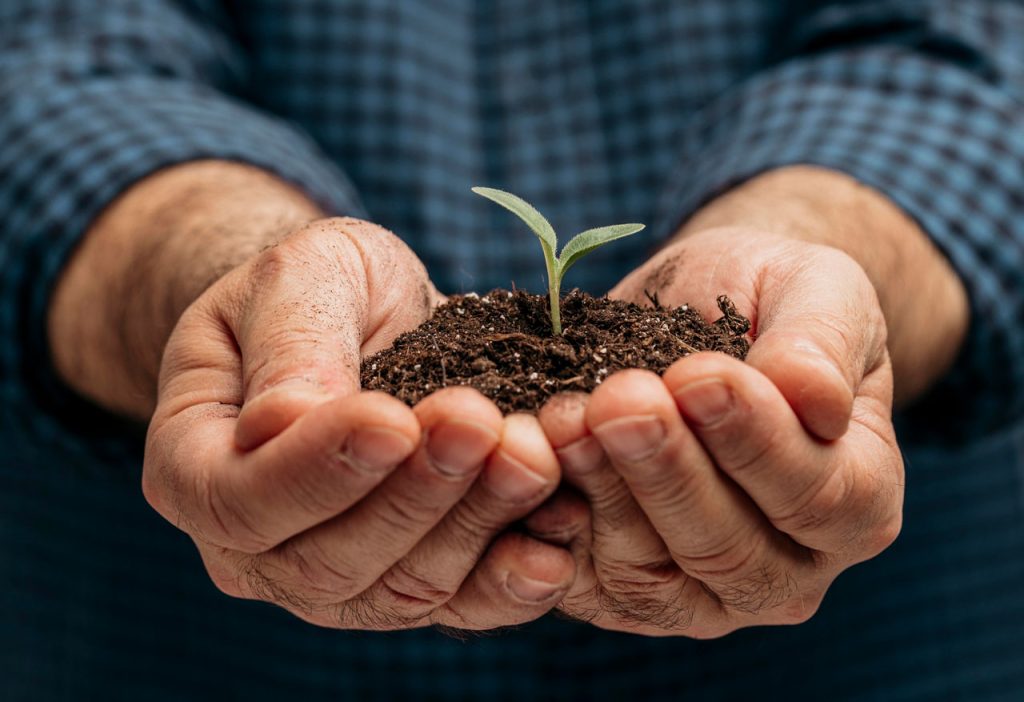Composting is a natural process of decomposing organic matter that results in a valuable product called compost. This material, similar in appearance to dark, rich soil, is the result of the controlled decomposition of food scraps, garden clippings and other organic materials. The importance of composting lies in its ability to transform what would otherwise be waste into a valuable resource to improve soil health and reduce dependence on chemical fertilizers.
Composting is an ancient practice that has gained relevance today due to growing awareness about sustainable waste management and the need to conserve natural resources. By recycling kitchen scraps, such as fruit and vegetable peelings, coffee grounds, and food scraps, along with grass clippings and leaves, you can create nutrient-rich compost that benefits both gardens and agriculture.
One of the highlights of compost is its ability to improve soil structure. When compost is added to soil, it acts as a conditioner, improving its ability to retain water and essential nutrients. Additionally, the improved soil texture facilitates plant root growth, resulting in healthier, more resilient plants.
The importance of composting is also reflected in its contribution to reducing the amount of waste sent to landfills. Organic waste, such as food scraps, represents a significant part of urban solid waste. By composting these materials instead of sending them to landfills, you avoid the release of greenhouse gases associated with the anaerobic decomposition of organic waste.
Another crucial aspect is the reduction of the need for chemical fertilizers. Compost provides a natural source of nutrients, including nitrogen, phosphorus and potassium, which are essential for plant growth. By incorporating compost into the soil, you reduce dependence on synthetic fertilizers, which can often have negative impacts on the environment, such as water pollution and loss of biodiversity.
In addition to its agricultural benefits, composting also promotes soil biodiversity by providing a favorable habitat for beneficial microorganisms. These microorganisms break down organic matter in the soil, gradually and sustainably releasing nutrients for plants.
In short, composting plays a vital role in promoting sustainable practices and responsible waste management. By converting organic waste into a valuable soil resource, composting contributes to the conservation of natural resources, improves soil health, and helps mitigate the environmental impacts associated with waste management. Incorporating composting into our daily practices is a tangible action we can all take to promote a healthier, more sustainable environment.





